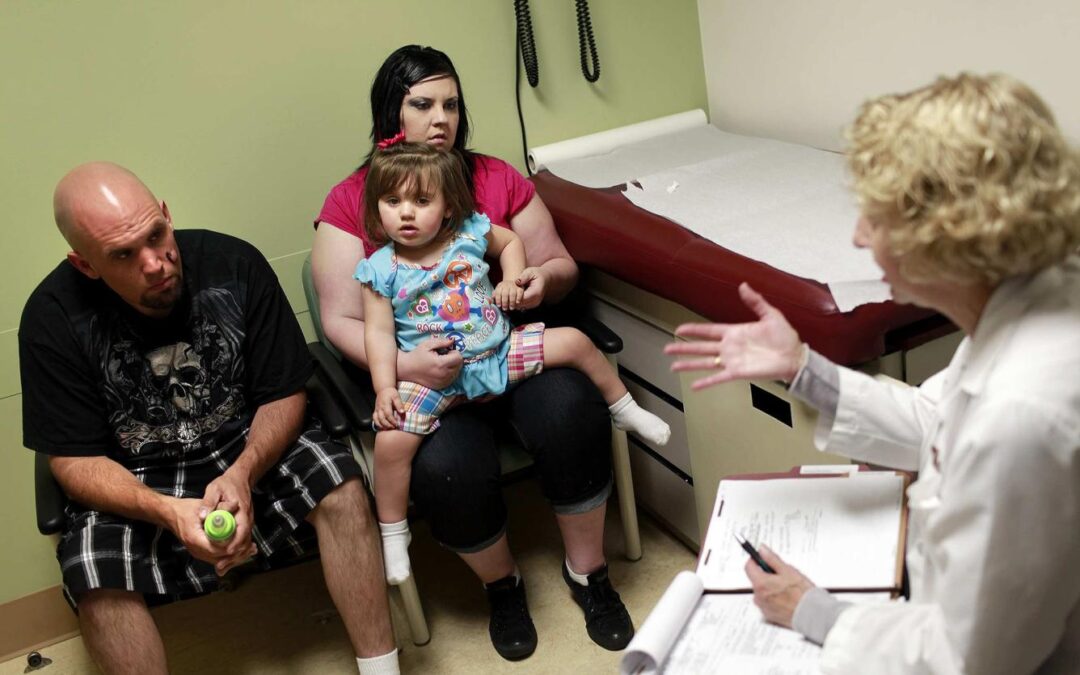by Shaun Heasley
DisabilityScoop.com
The nation’s pediatricians are getting new guidelines for how to go about evaluating children who present with global developmental delay or intellectual disability.
Doctors should use genetic testing to assess children early, according to a clinical report from the American Academy of Pediatrics published recently in the journal Pediatrics.
“Genetic neurodevelopmental disorders are common in the pediatric population, and establishing a specific diagnosis early provides multiple benefits,” the guidance states, noting that such information can help guide treatment and therapy decisions, provide access to support networks and clinical trials and inform reproductive decisions, among other things.
Genetic conditions account for up to 50% of cases of global developmental delay or intellectual disability with a known cause, according to the report.
They can include chromosomal disorders like Down syndrome, monogenic disorders like fragile X syndrome, imprinting disorders like Prader-Willi syndrome and more.
Genetic testing is most likely to yield a diagnosis in children with severe intellectual disability, with a cause identified in about 80% of cases versus only 20% in kids with more mild presentations. The odds of success with genetic testing are also increased if a child has abnormal features, congenital anomalies or neurological comorbidities, the pediatrics group said.
For children with global developmental delay or intellectual disability, pediatricians should conduct an evaluation that includes a full medical, developmental and family history as well as a clinical exam.
Vision and hearing exams along with brain imaging may be warranted in some cases, the guidance indicates.
If a specific diagnosis is suspected, doctors should utilize more targeted genetic testing in order to save time and money, but when there is no likely cause, the report says a tiered approach is warranted.
Initially, physicians should pursue either genome sequencing or exome sequencing coupled with chromosomal microarray. If that is inconclusive, then the guidance recommends screening for treatable inborn errors of metabolism and fragile X testing. Finally, pediatricians are advised to conduct genetic sequencing if they haven’t already as well as a series of more specialized tests.
The guidance notes that pediatricians can refer children to a geneticist, neurologist or developmental specialist, but says it is “vital” for general practitioners to have a playbook to conduct an initial evaluation.
The American Academy of Pediatrics report comes as new research finds that genetic testing for children with autism and intellectual disabilities remains rare for those who are insured by Medicaid.
Only 17% of children with autism and 13% of those with intellectual disability received recommended genetic testing, according to the analysis of claims data from over 240,000 children ages 7 to 17 enrolled in Medicaid or the Children’s Health Insurance Program between 2008 and 2016.
“Genetic testing can offer valuable insights for diagnosis and care planning,” said Dr. Tashalee Brown of the University of California, Los Angeles who led the study published in the journal Genetics in Medicine. “But our findings show a major gap between what’s recommended and what’s actually happening in clinical practice among children who receive health insurance through Medicaid.”

Recent Comments